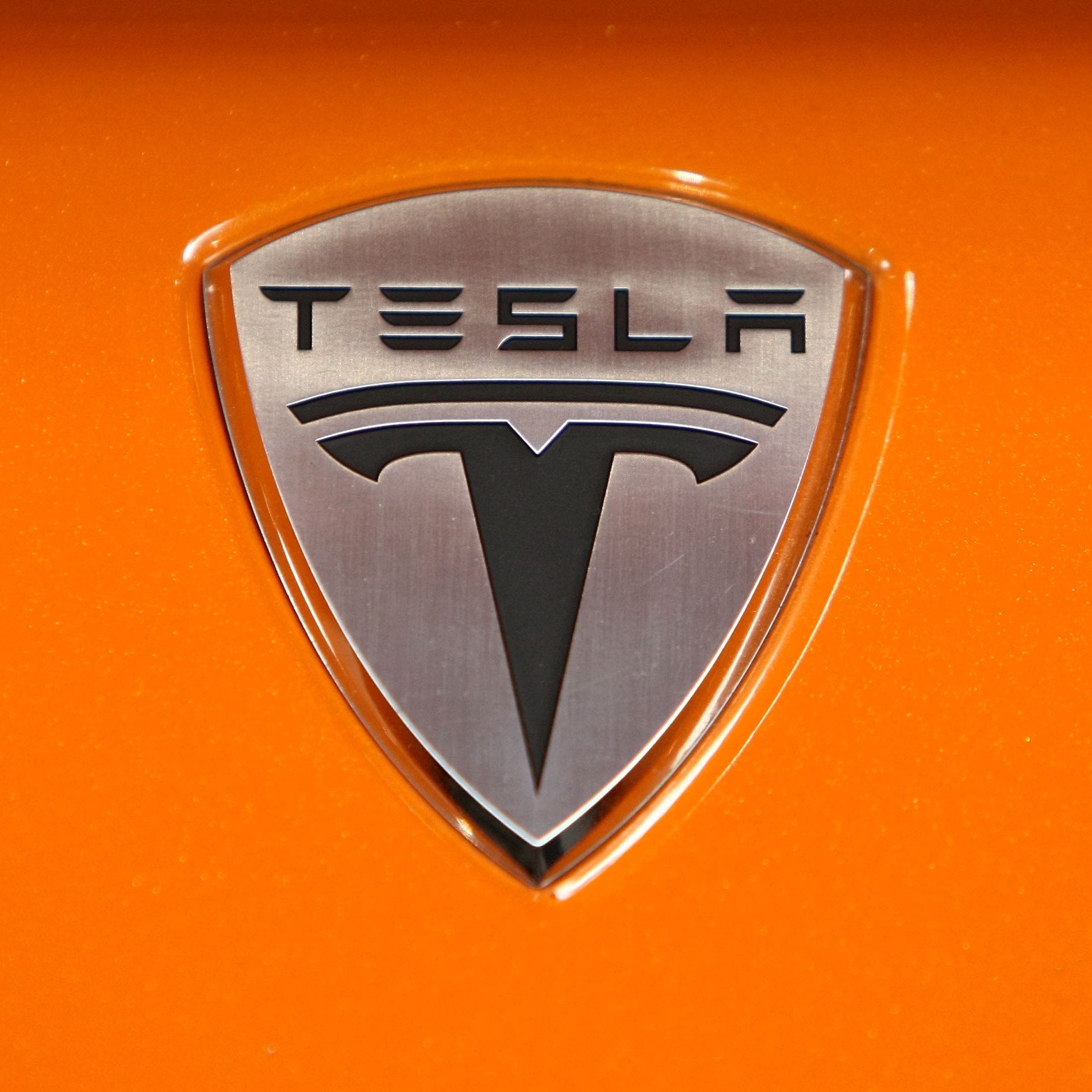Cars and Drivers
Tesla Passes Ford, Becomes Second Most Valuable Car Company in America

Published:
Last Updated:

Tesla Inc.’s (NASDAQ: TSLA) market cap now is bigger than Ford Motor Co.’s (NYSE: F). The reason is primarily that Tesla sold just over 25,000 cars in the first quarter, well above expectations. Ford’s sales for March dropped by 7.2% from a year ago to 236,250.
On an annual basis, Ford will sell about 6 million cars worldwide this year. Analysts predict Tesla will sell as few as 200,000.
As a result of the new sales numbers, Tesla’s shares rose 3.5% to $387.50 Ford was down 1.7% at $11.44 a share. Tesla’s market cap rose to $46.5 billion, and Ford’s fell to $45.7 billion. General Motors Co. (NYSE: GM), the largest American car company by sales, has the highest market value among manufacturers at $54.1 billion.
Tesla’s market cap improvement is based to a large extent on the assumption that alternative energy cars will begin to take large market share from gasoline-powered ones. Additionally, positive expectations are that Tesla will hold a large portion of the electric car market in the future. CEO and founder Elon Musk says Tesla will reach total global sales of 500,000 in three years. Much of the increase will be based on the company’s new Model 3, which will be available late this year or early next. It is aimed at the midpoint of car prices in the United States, with a base manufacturer’s suggested retail price (MSRP) of between $30,000 and $35,000.
Tesla is also a pioneer in self-driving cars, which are supposed to be a large part of the car market a decade from now. The technology for this is still in its infancy. Companies like Google, BMW and all the world’s major car companies have major initiatives in the sector. Ford is among these.
On the other hand, Ford is one of the largest gas-powered car companies in the world. Founded by Henry Ford in 1903, it has remained one of the largest operators in the industry since it pioneered the assembly line in 1908 and introduced the Model T, which sold hundreds of thousands of units.
The primary concern about Ford is that it is burdened by large legacy costs and may not be nimble enough to be a leader in self-driving and electric cars. Ford has 187,000 workers, as well as factories across the world. If traditional car sales drop quickly due to self-driving cars and a rapid consumer migration to electric cars, that spells more bad news for Ford.
Thank you for reading! Have some feedback for us?
Contact the 24/7 Wall St. editorial team.